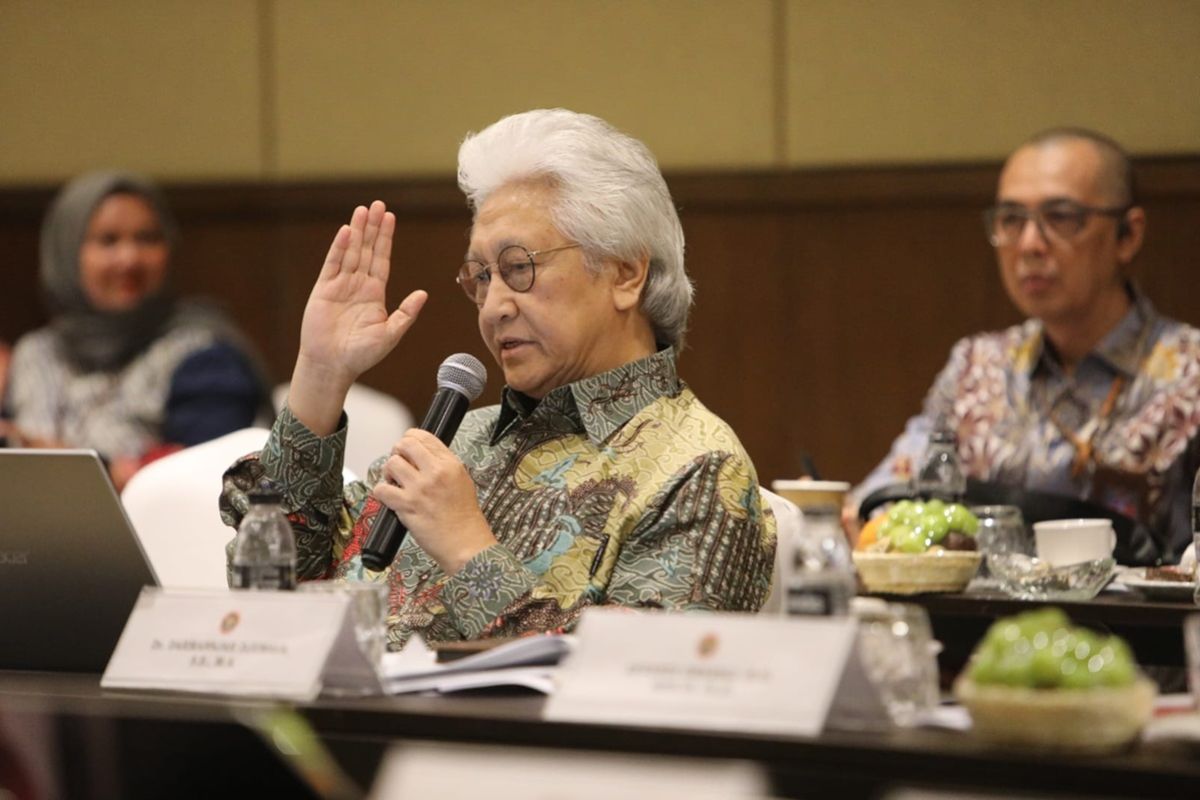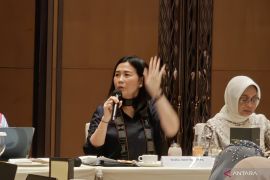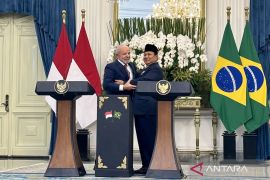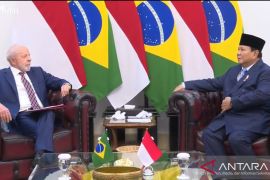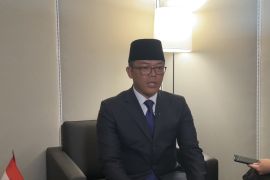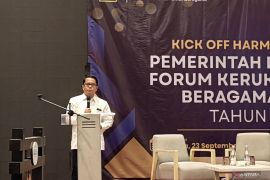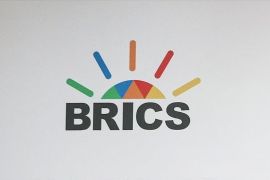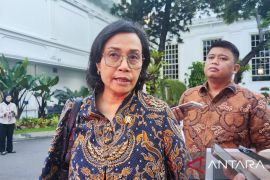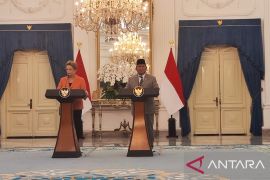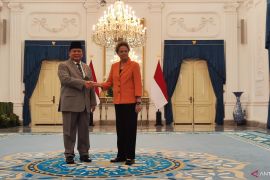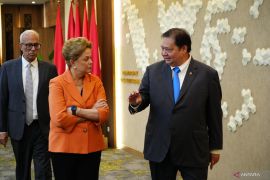"Indonesian diplomacy has taken a historic step by becoming a member of BRICS," Djumala noted in a statement on Thursday (Jan 9).
Djumala noted that Indonesia's accession process to BRICS was relatively swift, initiated by Foreign Minister Sugiono during the BRICS Summit in Kazan, Russia, in October 2024.
"Only two and a half months later, the Brazilian Ministry of Foreign Affairs, as the current Chair of BRICS, announced Indonesia's acceptance as a full member," he remarked.
He highlighted that this expedited process indicates that Indonesia's role is deemed significant within BRICS, particularly in the three perspectives of geopolitics, economics, and diplomacy.
First, in the context of today's geopolitical landscape, Indonesia's profile as a pioneer of the Asia-Africa Conference and the Non-Aligned Movement brings a nuance of independence amid the pull of global political interests, he explained.
The essence of the free and active principle will be reflected in the performance of BRICS diplomacy in its interactions with other global political powers. At this point, Indonesia has entered a new realm to actualize its free and active principle, he noted.
Second, from an economic standpoint, Djumala explained that Indonesia is recognized as a regional economic powerhouse with a substantial open market share and a fairly large middle class.
He noted that as a G20 member, it would be easy for Indonesia to contribute to BRICS cooperation, especially in enhancing market access and investment flows.
Third, from a diplomatic perspective, Indonesia has so far established itself as a mediator or bridge-builder among nations with differing interests, such as developed versus developing countries or Western versus Eastern countries.
Djumala asserted that mediating diametrically different interests has become the DNA of Indonesian diplomacy. This mediation role is crucial for bridging the interests between BRICS and other global economic bloc powers.
"This is actually where Indonesia's added value lies when it becomes a member of BRICS," he affirmed.
Djumala said that Indonesia's diplomatic etiquette, which emphasizes efforts to "unite the divided and bring the separated closer," will influence the BRICS' actions in addressing other economic blocs' interests.
According to Djumala, Indonesia's values-driven diplomacy, rooted in Pancasila principles such as mutual cooperation and dialogue, is expected to shape the BRICS' interactions with other global economic powers.
The BRICS alliance, comprising Brazil, Russia, India, China, South Africa, and four other member countries, in addition to Indonesia, has emerged as a global bloc with the potential to significantly change the world's economic map and order.
Twelve partner countries—Thailand, Malaysia, Vietnam, Algeria, Belarus, Bolivia, Cuba, Kazakhstan, Nigeria, Turkey, Uganda, and Uzbekistan—also joined the BRICS.
Globally, BRICS accounts for 37.82 percent of the world's GDP and encompasses 48 percent of the world's total population.
Related news: Indonesia must make stance clear after joining BRICS: expert
Related news: Indonesia's BRICS entry promises growth in oil, gas investments
Related news: Indonesia joins BRICS without compromising foreign policy independence
Translator: Joko Susilo, Yashinta Difa
Editor: Azis Kurmala
Copyright © ANTARA 2025
